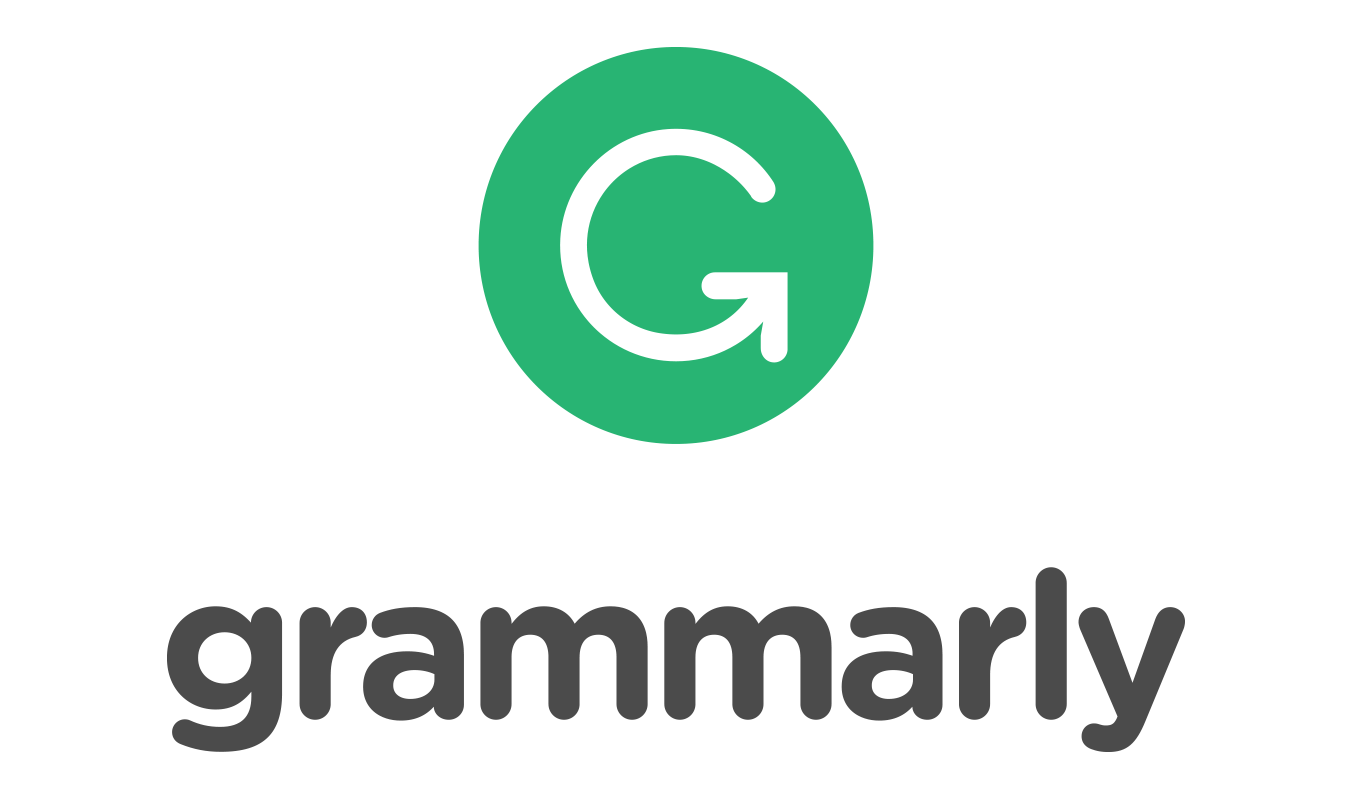Format Analisis Kritis Artikel Yang Berpotensi Mengembangkan Keterampilan Berpikir Kritis Mahasiswa
DOI:
https://doi.org/10.26740/jppms.v2n2.p26-31Abstract
Tujuan penelitian ini adalah mendeskripsikan format analisis kritis artikel (FAKA) yang berpotensi untuk mengembangkan keterampilan berpikir kritis. Keterampilan berpikir kritis mahasiswa perlu dikembangkan sebagai salah satu kecakapan hidup abad 21 yang sangat diperlukan untuk menghadapi tantangan zaman. Keterampilan berpikir kritis juga diperlukan untuk mengembangkan proposal penelitian. Salah satu kegiatan yang harus dilakukan mahasiswa adalah melakukan analisis kritis (antis) artikel. Kegiatan melakukan antis artikel perlu dilakukan oleh setiap peneliti agar dapat memposisikan penelitiannya dalam state of the art penelitian dalam bidangnya. Kegiatan ini juga dimaksudkan untuk menambah wawasan dan rujukan yang dapat digunakan untuk membahas hasil penelitiannya. Dalam rangka melatih mahasiswa melakukan kegiatan antis artikel diperlukan FAKA yang tepat. Berdasarkan pengalaman membelajarkan metodologi penelitian selama bertahun-tahun dirasakan bahwa pemilihan FAKA sangat
menentukan kualitas dan pemanfaatan hasil antis artikel yang dilakukan oleh mahasiswa. Metode penelitian yang digunakan adalah deskriptif. Metode penelitian deskriptif digunakan untuk mendeskripsikan format analisis kritis artikel yang dapat mengembangkan keterampilan berpikir kritis dan mendeskripsikan format
penilaian hasil analisis kritis. FAKA yang berpotensi untuk meningkatkan keterampilan berpikir kritis mahasiswa tersusun atas calon judul proposal penelitian, nomor urut artikel yang diantis, nama, NIM, kelas tanggal, referensi, kualitas jurnal, tujuan, metodologi penelitian, konsep yang dirujuk/dijadikan wacana, kelebihan dan kekurangan artikel, pertanyaan yang dimunculkan, konsep yang dipelajari, dan refleksi diri. Hasil penelitian ini adalah diperoleh FAKA berdasarkan FRISCO yang dapat memberdayakan keterampilan berpikir kritis mahasiswa. Masing-masing bagian dari FAKA dapat melatih mahasiswa untuk melakukan analisis secara kritis mengenai bagaimana artikel yang dianalisis kritis tersebut dapat dimanfaatkan oleh mahasiswa dalam rangka penyusunan proposal penelitiannya.
This study is describing the article critical analysis format (FAKA) which has a potential to develop critical thinking skills. Students' critical thinking skills (SCTS) need to be developed as one of the 21st-century life skills that are needed to face the challenges. Critical thinking skills are also needed to develop research proposals. One of the activities that students must do is conducting critical analysis of articles, which is it need to be carried out by each researcher in order to point his state of the art of the research in his field. In order to train students to carry out critical analysis activities, the right FAKA is needed. Based on the experience of teaching research methodologies, the selection of FAKA determined the quality and utility of the results of critical analysis of articles. Descriptive research methods are used to describe the format of critical analysis that can develop critical thinking skills and describe the format of assessment of critical analysis results. FAKA has a potential to improve SCTS composed of prospective research proposal titles, the ordinal number of articles being analyzed, names, NIMs, date classes, references, journal quality, objectives, research methodology, referenced concepts, advantages, and disadvantages of articles, questions raised, concepts learned, and self-reflection. The results of this study are obtained by FAKA based on FRISCO which can empower SCTS. Each part of FAKA can train students to analyze critically about how the critically analyzed articles can be utilized by students in order to compile their research proposals.
References
Dominguez, C., Nascimento, M. M., Payancarreira, R., Silva, H., Lopes, J., Morais, F. A., Payan-carreira, R. (2015). Adding value to the learning process by online peer review activities¯: towards the elaboration of a methodology to promote critical thinking in future engineers, 3797(May 2016). https://doi.org/10.1080/03043797.2014.987649
Ennis, R. H. (1991). Critical Thinking: A Streamlined Conception. Teaching Philosophy, 14(1), 523.
Ennis, R. H. (2015). The Nature of Critical Thinking: Outlines of General Critical Thinking Dispositions and Abilities.
Garba, S. A., Byabazaire, Y., & Busthami, A. H. (2015). Toward the use of 21st century teaching-learning approaches: The trend of development in Malaysian schools within the context of Asia Pacific. International Journal of Emerging Technologies in Learning, 10(4),
7279. https://doi.org/10.3991/ijet.v10i4.4717
Halah, A. A., & Patrick, M. (2015). 21st Century Standards and Curriculum: Current Research and Practice. Journal of Education and Practice, 6(6), 150155.
Lorenzi, N. M., & Riley, R. T. (2000). Managing change: An overview. Journal of the American Medical Informatics Association, 7(2), 116124. https://doi.org/10.1136/jamia.2000.0070116
National Education Association. (2015). Preparing 21st Century Students for a Global Society: An Educators Guide to the œFour Cs. USA: National Education Association.
Özenç, E. G., & Doğan, M. C. (2014). Thedevelopment of the Functional Literacy Experience Scale Based Upon Ecological Theory (FLESBUET) and validity-reliability study. Educational Sciences: Theory & Practice, 14(6), 22492258. https://doi.org/10.12738/estp.2014.6.1791
Partnership For 21st Century Skills (P21). (2009). P21 Framework Definitions, 19.
Payan-Carreira, R., Dominguez, C., Monteiro, M. J., & Rainho, M. da C. (2016). Application of the ADAPTED FRISCO framework in casebased learning activities Revista Lusófona de Educação. Revista Lusófona de Educação, 32, 175191.
Rangachari, P. K., & Crankshaw, D. J. (2005). An Introduction to Critical Analysis of Publications in Experimental Biomedical
Sciences.
The Center for Teaching and Learning. (2009). How To Critique A Journal Article. France: The UNESCO Institute of Statistics.
TIM BBK UM. (2016). Naskah Akademik BBK UM. Malang: Universitas Negeri Malang.
World Economic Forum. (2015). New Vision for Education Unlocking the Potential of Technology. Switzerland: World Economic Forum. https://doi.org/10.1063/1.4938795
Wrahatnolo, T., & Munoto. (2018). 21Stcenturies Skill Implication on Educational System. IOP Conference Series: Materials Science and
Engineering, 296(1). https://doi.org/10.1088/1757899X/296/1/012036
Zubaidah, S. (2010). Berpikir Kritis: Kemampuan Berpikir Tingkat Tinggi yang Dapat Dikembangkan melalui Pembelajaran Sains. Makalah Disampaikan Pada Seminar Nasional Sains 2010 Dengan Tema œOptimalisasi Sains Untuk Memberdayakan
Manusia.
 Abstract views: 9697
,
Abstract views: 9697
, PDF Downloads: 2177
PDF Downloads: 2177







